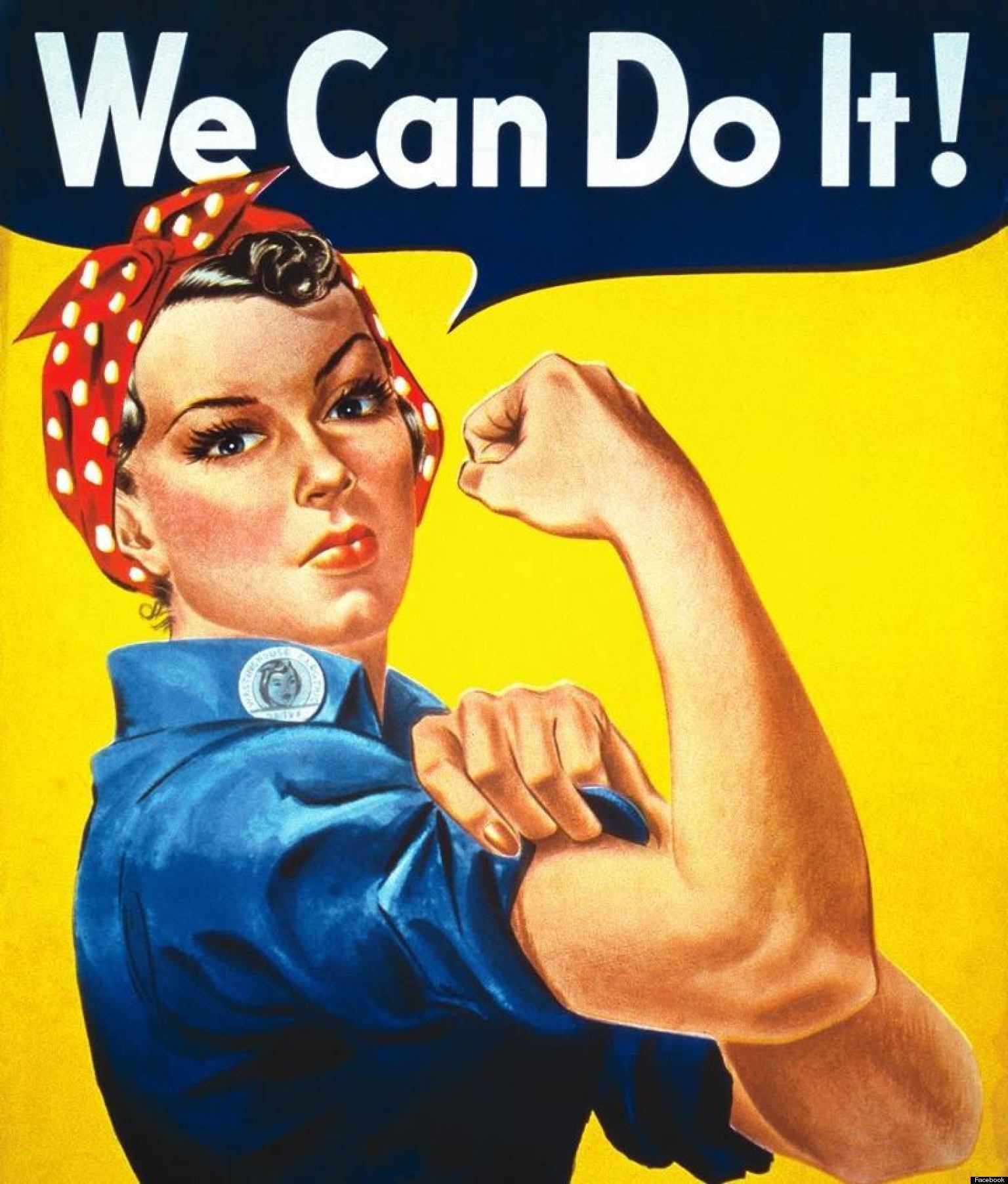Thursday, 21 July 2016
Feminism in the Illegal?
Let me be the first to tell you, I do not consider myself a feminist. In fact, the very word makes me squirm. Don't get me wrong, I believe women should be respected, and be viewed equally in terms of their humanity. Yet it is plain ignorance to claim that men and women can be equal in all things; because we can't. The simple fact is, men and women are different. That does not mean that we cannot exist in harmony with one another.
Thankfully, it is not required to be a modern feminist in order to analyze a piece of literature from a feminist perspective. In fact, modern feminists would do well to adopt the main theory of feminist criticism. It simply analyzes and passes judgement on the way in which females in the literary society are portrayed.
Feminist Perspective in the novel, The Illegal
I chose to analyze the last third of my novel from a feminist perspective because of The Illegals diversity of female characters. Not only are there a significant amount of female characters, they all highlight different aspects of females positions in the novel. The author himself and main character Keita hold women in the highest respect, yet it is the society itself that imposes negative views on these women. Essentially, this novel's time period is very similar to ours now, therefore the struggles faced by women are alike to the struggles in our society. This negative view does did not impact me as a reader, in fact in only reinforced the importance of women's roles in society.
Viola Hill
Viola is perhaps the feminist of her time. This unfortunately led to my personal difficulty connecting with her character, yet I firmly believe that she added diversity to the novel. Viola is a hard working journalist trying to prove herself in the journalism world. Her main goal throughout the novel is to discover a ground breaking news story that will get her promoted from sports reporter to a news reporter. At this point, I can guarantee that Viola is nothing like the way you are imagining of her. She is a bald, african american who travels by wheelchair due to the absence of her legs that she lost when she was run over by a truck that killed her mother and almost ended her own life. Viola also identifies as a lesbian, which is not further referenced throughout the rest of the novel. As you can see, Viola is rather badass. She knows what she wants, and she is willing to do whatever it takes to get it. This is evidenced when she voluntarily puts her life on the line to travel to Zantoroland in order to discover the truth behind the corruption of the government.There she finds another powerful female, Keita's sister, Charity. Charity is an advocate for women struggling to prove themselves equal to men in intellectual ability. Even as she is sentenced to death, Viola is not sorry because she knows that the truth needs to be found. Viola understands that as a black women she must work even harder to get what she wants. In this way, Viola is a representation of the ambitious, courageous women in our society.
Ivernia Beech
Ivernia is the most subtle of the female characters in the novel, yet for Keita's journey she is perhaps the most significant. Ivernia provides Keita's with support and financial aid in a time where it is illegal to do so. As a legal, white, elderly citizen she knows she must do something to help the illegal, oppressed citizens of her society. Quite personally, her courage and virtues reminded me slightly of those who hid Jews during the holocaust. Repeatedly she puts her own safety and comfort on the line in order help another fellow human being. Ivernia serves as encouragement to women that no matter what your age or level of independence, it is never to late to exercise your power as a female.
Candace
Candace is a African american women who has overcome her childhood circumstances to become quite successful as a police officer. She becomes romantically involved with Ketia, which emphasizes that women can be in relationships and have careers as well. Candace's character is an example to women that you can be feminine and beautiful and be taken seriously by men though hard work.
Lula Destefano and Prostitutes
Lula Destefano has both negative and positive attributes as a female character. She is powerful and doesn't take anything from anybody. She helps those in need, all the while building a safe community for illegals and blacks. Yet Lula encourages the degrading of women through her Bombay Booty which is a prostitute house. This is actually a large focus in the novel, especially after one of the young prostitutes is deported and killed. Many scenes focus on the mental and physical abuse of these women. The sad part is that these women are being manipulated, and work only so that they can have enough money to survive. This element of the novel highlights the sexist view that women can be used and treated as sexual objects, which Lawrence Hill clearly objects to.
In our society and in the novel, both men and women play a key role. Yet it is mostly through the courage of the female characters that justice wins in the end. So follow the examples of these fictional women as your role models girls, and not those women that protest shirtless. You do not have to be topless to have your voices heard.
For additional reading on the history of women rights in our society visit:
http://www.nwhp.org/resources/womens-rights-movement/history-of-the-womens-rights-movement/
Labels:
feminism,
Lawrence Hill,
powerful,
racism,
role models,
sexism,
The Illegal,
women,
women's rights
Subscribe to:
Post Comments (Atom)


No comments:
Post a Comment